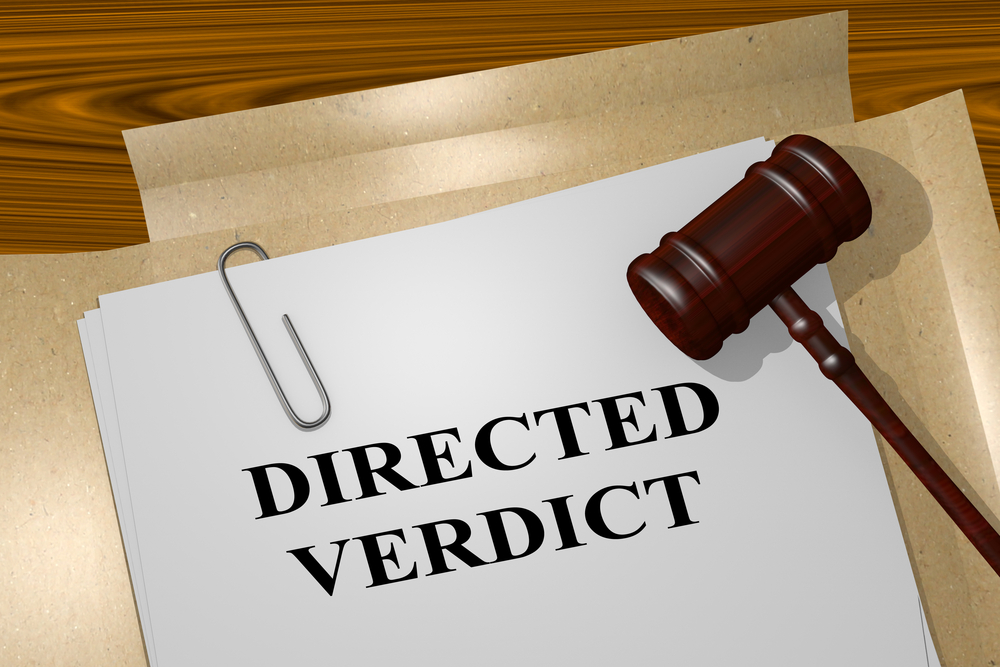The Violation of a Company’s Internal Policies Alone does Not Create a Duty Owed to a Third Party
Can internal policies of a company create a standard of care or duty to a plaintiff? Stated another way, can a company’s violation of its internal policies result in a breach of that company’s standard of care or duty to plaintiff? A recent case, Discount Tire Co. v. Tammy Bradford, as the Personal Representative of the Estate of Bradford, 2023 WL 7228186 (Fla. 5th DCA 2023), in analyzing case law with respect to this issue, answered this issue in the negative: a company’s internal policy’s do not alone create duties owed to third parties. In this case, a retail tire company was...
Continue reading











